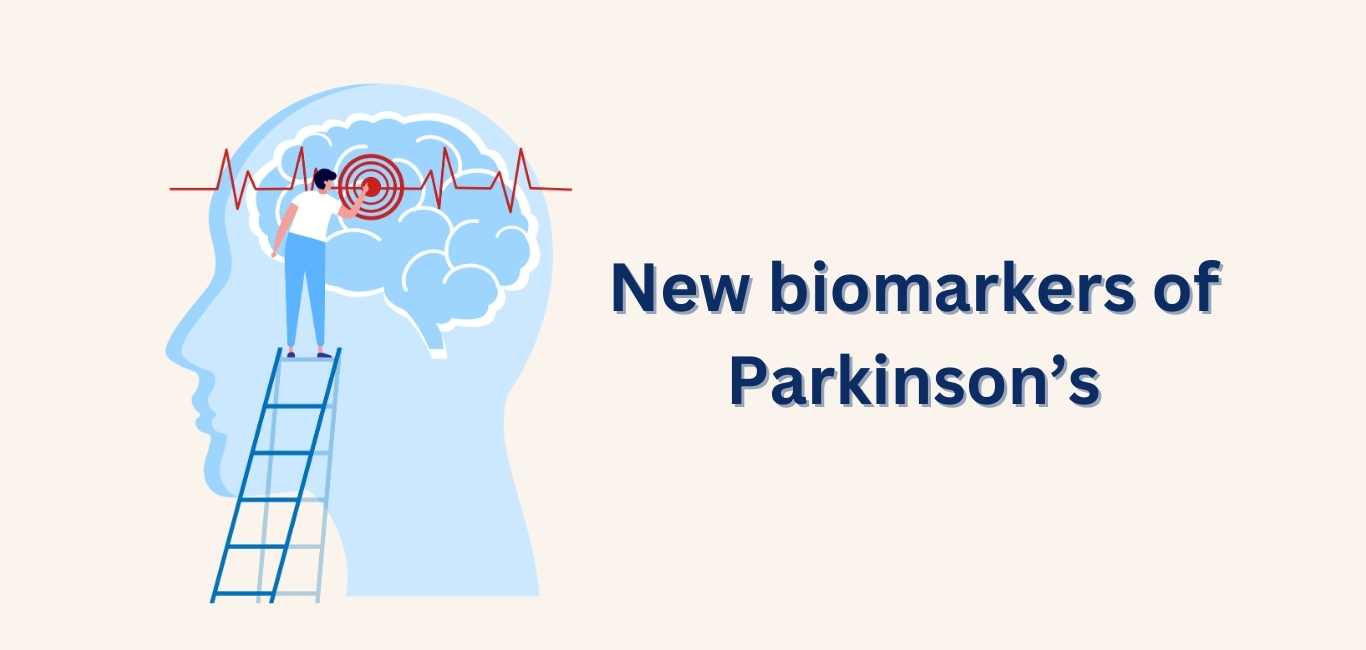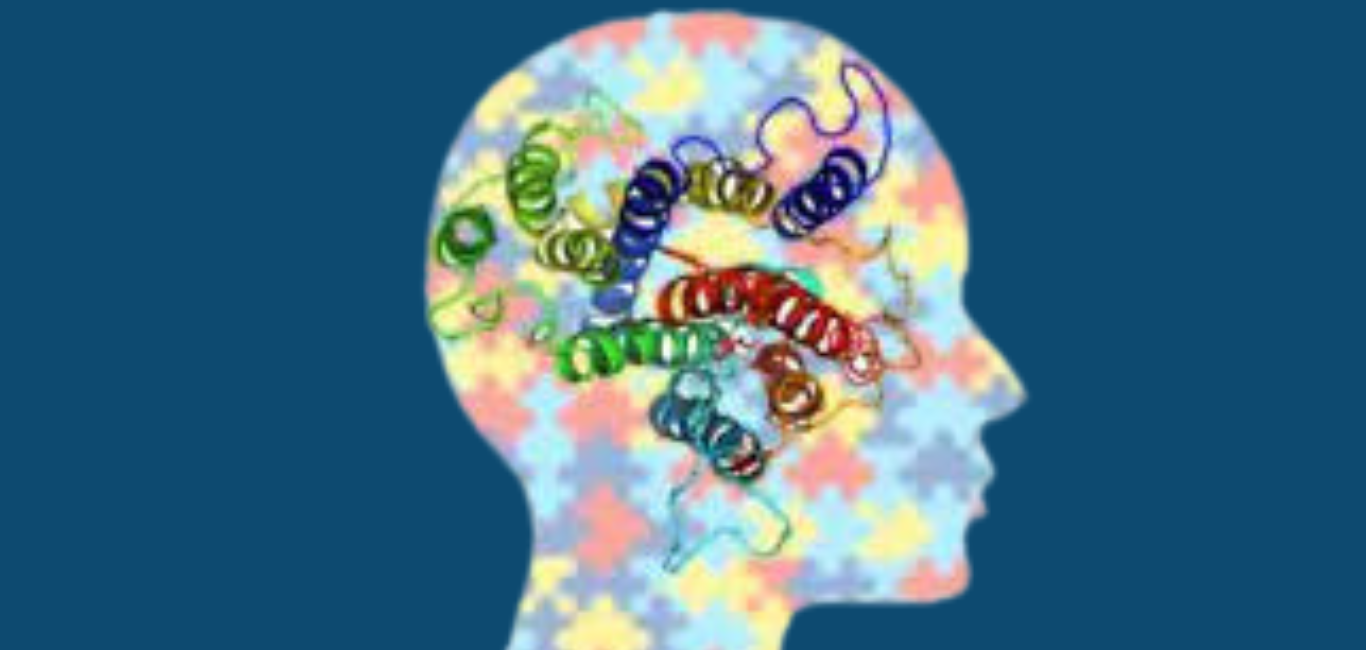Aggressive industrialisation has made certain heavy metals like Lead highly sought after for their versatile use. From batteries to paints, cosmetics and utensils, additives in plastic toys, and taste-enhancing salts, Lead is ubiquitous in our lives.
Lead is abundant in the earth’s crust, and due to human activities, it has seeped into every facet of our environment. We are increasingly exposed to it and unknowingly risking our health.
Its widespread use has turned lead into a pollutant that enters our bodies as particulate matter. “Lead has no biological function [ in our body]; hence, it becomes a toxin which the body cannot flush out,” explains Venkatesh Thuppil, professor emeritus at St John’s Medical College, Bengaluru, CEO and the Director of the Foundation for Quality India (FQI) and the Director of the National Referral Centre for Lead Projects in India (NRCLPI).
Lead affects virtually every organ in our body, but primarily, its effects on the central nervous system are alarming as it impairs brain functions. “There are no ‘safe limits of lead’ for the body. We are yet to find out how much is too much for the brain,” says Prof Thuppil, famous as ‘The Lead Man of India’, who was instrumental in bringing several policy changes in using Lead in India. He adds that children are particularly at a higher risk of the neurotoxic effects of Lead as their brains are still developing and as there are no barriers to stop the infiltration of Lead into the brains.
Arresting the functions
Lead can easily cheat its way into the human body, and its ability to pass through the intricate system of blood-brain barriers makes it crucial to know its debilitating effects on the brain.
Lead accumulation in the brain causes damage to cognitive ability in the prefrontal cerebral cortex, hippocampus, and cerebellum and can lead to various neurological disorders. Recent studies have linked lead exposure to mental retardation, behavioural problems, nerve damage, and neurodegenerative disorders like Alzheimer’s disease, Parkinson’s disease, and schizophrenia.
Lead particles can impair neuron communication by blocking calcium ions, which are crucial for nerves to communicate with each other. As lead levels accumulate in the brain, more and more calcium ions are unavailable for the neurons, without which nerve cells lose their ability to function. Eventually, the neurons die or degenerate, leading to different neurological problems. “One microgram of lead can easily substitute for 1000 calcium ions in the body,” says prof Thuppil.
The infographic below enlists various routes lead can enter our bodies and suggests preventive methods to stay lead-safe.


















